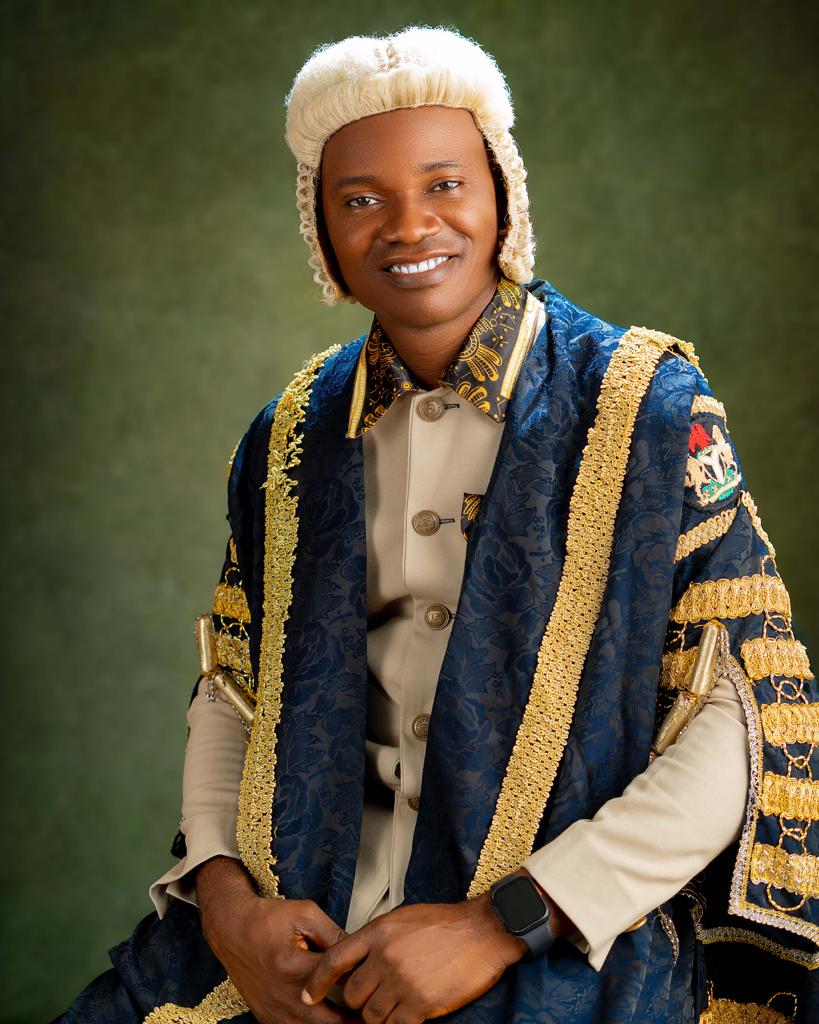EDITORIAL
How is M-pox Diagnosed

How M-pox is diagnosed is important for early detection and effective treatment. M-pox, or monkeypox, is a viral disease that has recently gained attention due to its spread beyond traditional regions.
Knowing what it is and how to recognize it can help in diagnosing the disease promptly, reducing the risk of transmission.
M-pox is a viral infection caused by the monkeypox virus, which is related to the smallpox virus. Though less severe than smallpox, M-pox can still lead to serious health issues, especially in vulnerable populations.
The disease is transmitted through close contact with an infected person or animal and can spread via respiratory droplets, bodily fluids, or contaminated objects.
Recognizing M-pox early is key to getting the right diagnosis. The symptoms typically begin with fever, headache, muscle aches, and fatigue. Swollen lymph nodes are a distinguishing feature of M-pox, setting it apart from similar diseases like smallpox.
A few days after these symptoms appear, a rash develops. The rash often starts on the face and spreads to other parts of the body. It progresses from flat lesions to raised bumps, then to fluid-filled blisters, and finally to scabs. The entire course of the disease usually lasts 2 to 4 weeks.
How M-pox Is Diagnosed
- Clinical Evaluation
The first step in diagnosing M-pox is a clinical evaluation by a healthcare professional. During this evaluation, the doctor will look for the characteristic symptoms of M-pox, such as fever, rash, and swollen lymph nodes. The doctor will also ask about recent travel history, exposure to animals, and any contact with individuals who may have the virus. Recognizing these signs early helps in guiding the diagnosis.
- Laboratory Testing
To confirm a diagnosis of M-pox, laboratory testing is essential. The most common test used is a polymerase chain reaction (PCR) test, which detects the genetic material of the virus.
Samples are usually taken from the rash lesions or blisters, as they contain high levels of the virus. The PCR test is highly accurate and can confirm the presence of the monkeypox virus.
Blood tests may also be performed to detect antibodies against the virus. However, antibody tests are usually less reliable than PCR tests, especially in the early stages of the disease.
Laboratory testing is crucial because other diseases, such as chickenpox and measles, can cause similar symptoms.
- Differential Diagnosis
Differential diagnosis is another important step in how M-pox is diagnosed. This process involves ruling out other diseases that may cause similar symptoms.
The healthcare provider will compare the symptoms of M-pox with those of other infections, such as chickenpox, smallpox, and other viral exanthems.
Recognizing M-pox involves identifying unique features like the pattern of the rash and the presence of swollen lymph nodes.
- Importance of Early Diagnosis
Early diagnosis of M-pox is vital for effective treatment and preventing the spread of the virus. When diagnosed early, individuals can receive supportive care and take steps to avoid spreading the infection to others. Isolation of infected individuals, combined with prompt medical treatment, plays a key role in controlling outbreaks.
Knowing how M-pox is diagnosed: what it is and how to recognize it is essential for both healthcare providers and the general public. Early recognition and diagnosis through clinical evaluation, laboratory testing, and differential diagnosis can help contain the spread of the virus and ensure that patients receive the care they need. By staying informed and vigilant, we can better protect ourselves and our communities from M-pox.
Discover more from Asiwaju Media
Subscribe to get the latest posts sent to your email.
-

 POLITICS2 days ago
POLITICS2 days agoChinedu Ogah Decamps from APC to ADC, Joins Coalition—Video Claims Surface Online
-

 NEWS5 days ago
NEWS5 days agoNigerian Internet Fraudster Ehiremen Aigbokhan Accused of Stealing ₦460 Million Meant for Trump Inauguration
-

 ENTERTAINMENT6 days ago
ENTERTAINMENT6 days agoShocking! Davido Accused of Secret Dealings That Could Ruin His Career
-

 NEWS6 days ago
NEWS6 days agoPlateau Assembly Elects Nanloong Daniel as Speaker After Dewan’s Resignation
-

 POLITICS5 days ago
POLITICS5 days agoAmaechi Wife Stole N4B Every Month, Says Wike
-

 NEWS4 days ago
NEWS4 days agoEbonyi Village Lights Up with Self-Funded Electrification , Plans Road Construction
-

 POLITICS4 days ago
POLITICS4 days agoADC Targets Five Governors as More PDP, APC Leaders Join Opposition Coalition
-

 CAMPUS REPORTS6 days ago
CAMPUS REPORTS6 days agoAbandoned Newborn Sparks Outrage in Ikwo Community Near FUNAI Campus
-

 POLITICS3 days ago
POLITICS3 days agoADC Ebonyi Welcomes Massive Influx of New Members
-

 FACT-CHECKS/INVESTIGATION5 days ago
FACT-CHECKS/INVESTIGATION5 days agoTroops Neutralize Terrorists In Borno, Recovers IEDs, Weapons
-

 POLITICS4 days ago
POLITICS4 days agoEx-Jigawa Governor Lamido Says He’ll Support Peter Obi In 2027 If Coalition Picks Him
-

 SPORTS3 days ago
SPORTS3 days agoNeymar And Bruna Biancardi Welcome 4th Child Into Their Growing Family























